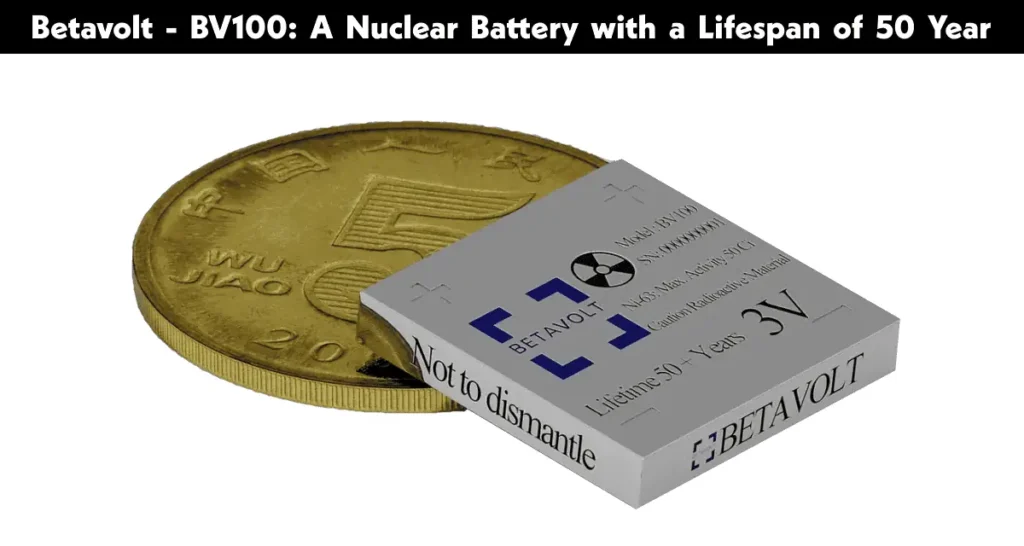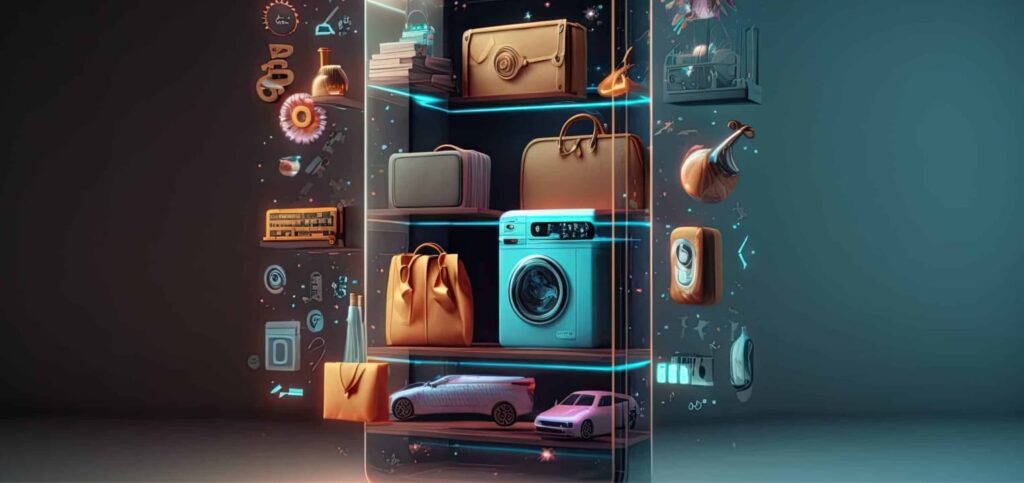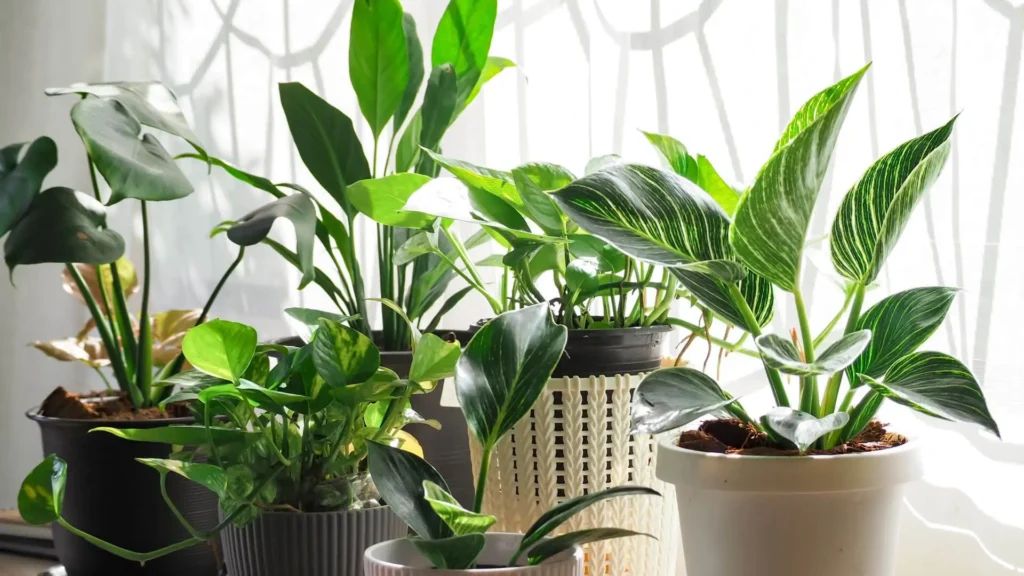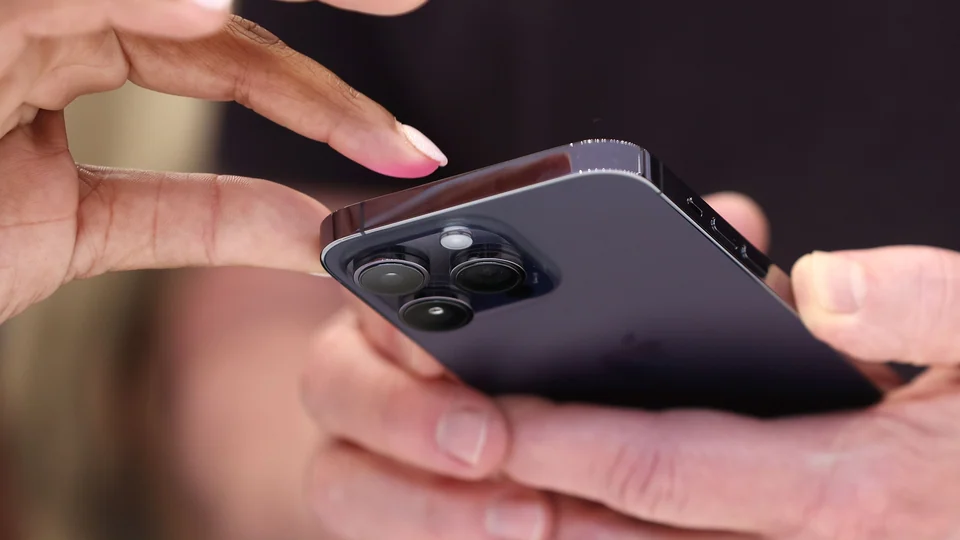A Chinese startup called Betavolt has shown off a revolutionary battery that they say can make power for 50 years without needing to be charged or maintained.
The Independent says that this new technology is a nuclear battery that has successfully packed 63 isotopes into a smaller cell than a coin. Betavolt says that its battery is the first in the world to miniaturize atomic energy, which goes against what most people think about nuclear technology.


To make electricity, the technology inside the battery turns the energy made when isotopes break down into heat. The startup has started preliminary testing and wants to make more of the battery so that it can be used in a lot of commercial products, like smartphones and other electronics.
In a news release, the startup stated, “Betavolt atomic energy batteries can meet the needs of long-lasting power supply in multiple scenarios, such as aerospace, AI equipment, medical equipment, microprocessors, advanced sensors, small drones, and micro-robots.”
Safety First: Betavolt’s Nuclear Battery is Designed to Withstand Impact and Heat
Betavolt says that the battery is made with a stacked design that lowers the chance of catching fire or exploding when suddenly hit with force. In addition, the company says that the battery works well in temperatures ranging from -60 degrees Celsius to 120 degrees Celsius.
The battery is 15 mm long, 15 mm wide, and 5 mm thick. It is made up of thin layers of diamond semiconductors and nuclear isotopes. At the moment, the nuclear battery gives off 100 microwatts of power at 3 volts. The goal is to produce 1 watt of power by 2025.
Nuclear energy often brings up worries about radiation. Betavolt tries to calm those worries by claiming that its battery is safe and doesn’t give off any radiation. After the decay time, the 63 isotopes in the battery change into a stable, non-radioactive copper isotope, which means there are no longer any environmental risks.




